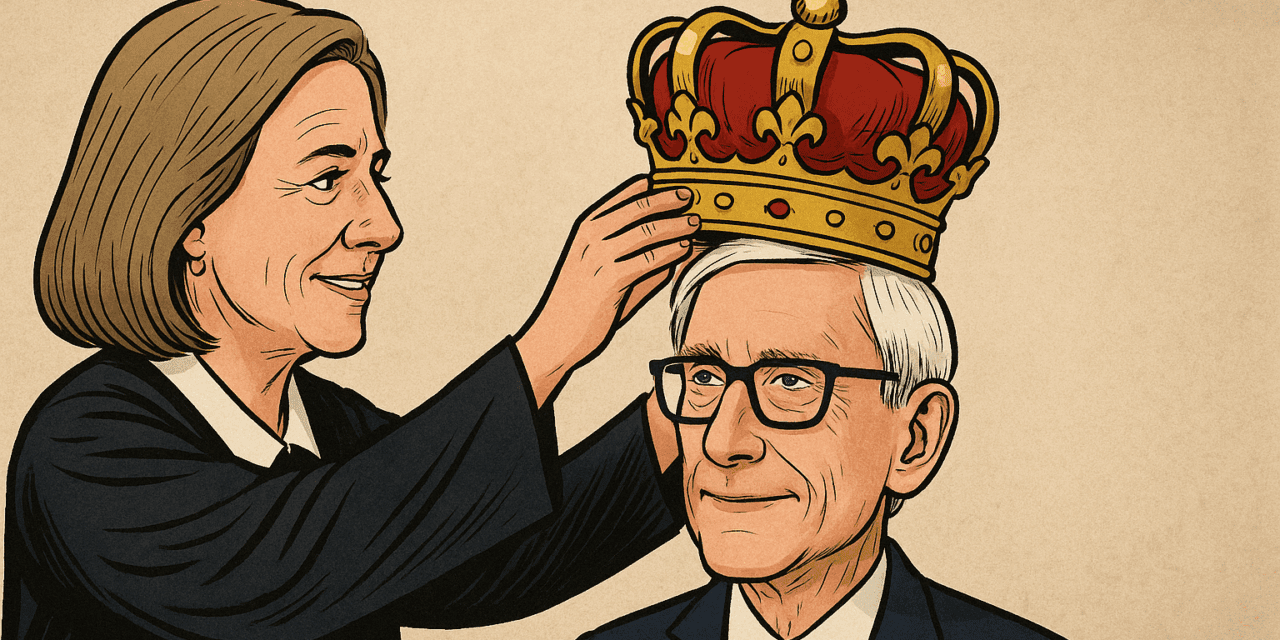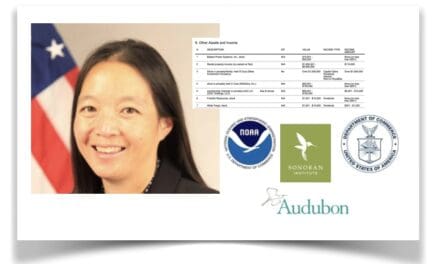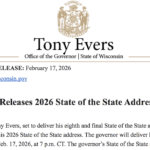MADISON — On Tuesday, the Wisconsin Supreme Court issued a 4–3 ruling in Evers v. Marklein, striking down statutes that had allowed the Legislature’s Joint Committee for Review of Administrative Rules (JCRAR) to indefinitely delay or block administrative rules. By dismantling this long-standing legislative oversight mechanism, the court significantly shifted power to politically appointed agency heads and their civil service staff, greatly reducing legislative oversight over how the laws they pass are ultimately implemented.
Writing for the majority, Chief Justice Jill Karofsky declared that JCRAR’s authority amounted to an unconstitutional “legislative veto,” arguing that only statutes passed by both legislative houses and presented to the governor for approval or veto could carry legal force. The decision directly challenges multiple Supreme Court precedents stretching back to the early 1990s, which had upheld the committee’s ability to freeze agency rules.
In strong dissent, Justice Rebecca Bradley warned that the court has opened the door to one‑sided executive rulemaking, stating the majority had let the executive “exercise law‑making power unfettered and unchecked.” She added that the ruling endows the governor with “super‑legislative” authority, unchecked by the Legislature. Justice Brian Hagedorn, agreed with Bradley in part, criticized the decision as lacking in rigorous legal analysis and cautioned that it upends decades of settled judicial precedent.
Following the decision, Governor Tony Evers praised the ruling for restoring democratic accountability. “It’s pretty simple—a handful of Republican lawmakers should not be able to single‑handedly and indefinitely obstruct state agencies from doing the people’s work,” he said, adding that the court had ensured “no small group of lawmakers has the sole power to stymie the work of state government.”
Not everyone shared Evers’s optimism. Assembly Speaker Robin Vos issued a sharp rebuke: ““As Justice Rebecca Bradley said in her dissent, ‘Progressives like to protest against ‘kings’ – unless it is one of their own making.’”
Vos said the decision ignored case law and Supreme Court rulings.
“For decades, case law has upheld the constitutionality of the legislative rules committee to serve as a legitimate check on the powers of the Governor and the overreach of the bureaucracy.,” Vos said. “Today’s decision overrules those cases, strips the legislature of its check and balance powers, and bestows even more power to the executive branch.”
Industry groups also weighed in. Wisconsin Manufacturers & Commerce, warning that “By eliminating meaningful legislative oversight of lawmaking by bureaucrats, the Supreme Court has shattered any semblance of consent of the governed in our lawmaking process. The Court has empowered the unelected bureaucracy to write laws that reflect their own political agendas, rather than the will of the people through their elected representatives in the Legislature.”
Sen. Steve Nass, current Senate co-chair of JCRAR, went further—asserting that the decision had effectively crowned Governor Evers a monarch: “This decision makes Governor Evers a king with unchecked dominion to issue edicts without legislative review that will harm the rights of citizens.”
Similarly, the Institute for Reforming Government argued the ruling centralizes authority in unelected officials, lamenting that it “empowers Governor Evers’ unelected Madison bureaucrats… free from democratic accountability and transparency.”
Attorney General Josh Kaul, a potential candidate for governor, welcomed the decision, saying it “This decision will mean a fundamental change—for the better—in how Wisconsin state government works,” by preventing “a small group of legislators” from indefinitely blocking administrative rules.
What It Means Going Forward
By restricting JCRAR’s oversight, the court cleared the way for politically appointed agency heads and their staff to implement regulations with minimal interference and oversight. Rules will now take effect unless blocked by full legislative action—a bill passed by both chambers and signed (or overridden) by the governor. As a result, legislative oversight has been diminished, and executive agencies gain greater autonomy to determine how laws are carried out. Many fear agencies could outright ignore legislative intent until overruled by a lawsuit or new legislation.
With politically appointed officials now holding more sway, Wisconsin enters a new era where administrative staff and governors, rather than legislators, will wield greater influence over how state laws are implemented.
Originally published, July 8, 2025















